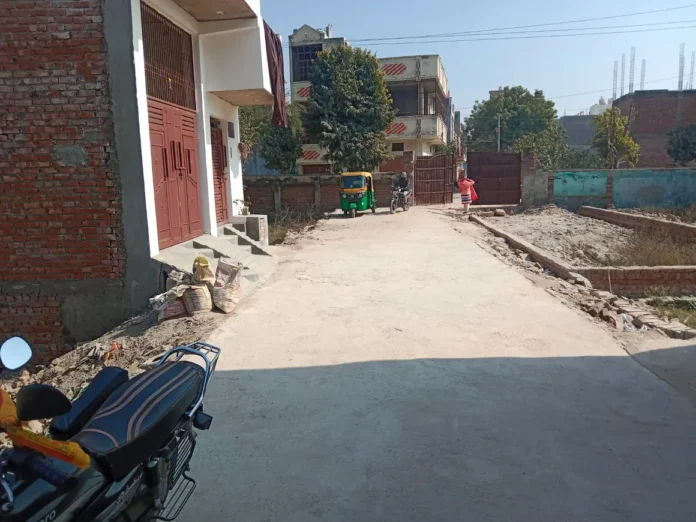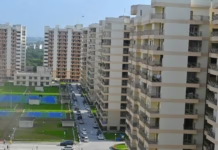Located in the northeastern region of Delhi, Karawal Nagar is a fast-urbanizing district with substantial environmental challenges. Karawal Nagar is experiencing a growing number of environmental problems as urban growth picks up speed. However, in an effort to lessen these difficulties and encourage sustainable living, the neighbourhood and local government are actively involved in green projects.
Environmental Concerns:
Air Pollution: Air pollution is one of Karawal Nagar’s top environmental issues. The burning of rubbish, industrial activity, and vehicle emissions are the main causes of the area’s poor air quality. Living close to busy roads exposes inhabitants to more pollutants, which can be harmful to their health, especially if they have respiratory issues.
Waste Management: Managing waste is yet another crucial concern. The amount of waste produced by households and businesses has increased due to the quick population growth. Inadequate waste management practices lead to unlawful dumping and littering, which contaminate water and soil resources. It’s also standard practice to burn trash outdoors, which pollutes the air and releases toxic chemicals into the ecosystem.
Water Pollution: Untreated sewage and industrial effluents that leak into nearby water bodies have an adverse effect on the quality of the water in Karawal Nagar. The supply of clean drinking water is impacted, and health hazards are associated with contaminated water. The issue is made worse by the Yamuna River’s heavy pollution, which runs close by.
Reduction of green areas: In Karawal Nagar, urbanization has resulted in a decrease of green areas. There are fewer natural environments and recreational spaces available for locals since parks and open spaces are being turned into residential and commercial properties. Air quality and biodiversity are also impacted by the loss of greenery.
Green Initiatives:
Tree Plantation Drives: Community organizations and local governments have arranged tree plantation drives to counteract the loss of green space. These programs seek to provide inhabitants with shade and recreational spaces, enhance the amount of greenery, and enhance the quality of the air. NGOs and schools frequently take part in these campaigns to raise youth awareness of environmental issues.
Programs for Waste Segregation and Recycling: Encouraging recycling and waste segregation at the source are two ways to enhance waste management. Residents are taught the value of sorting waste into biodegradable and non-biodegradable categories through community-led initiatives. Recycling facilities have been set up to handle items such as metal, paper, and plastic, lessening the amount of waste that ends up in landfills.
Adoption of Solar Energy: Encouraging the usage of solar energy is another important environmentally friendly project. In order to harness renewable energy, solar panels are being erected on the rooftops of residential and business structures. This offers a sustainable energy option, lowers carbon emissions, and lessens reliance on traditional power sources.
Conclusion: Although there are significant environmental problems in Karawal Nagar, the dedication to green projects and green land plots in Karawal Nagar gives hope for a sustainable future. Karawal Nagar is progressively tackling its environmental problems with the help of the local government and the community. These initiatives guarantee a healthier environment for upcoming generations in addition to enhancing the quality of life for present citizens.











